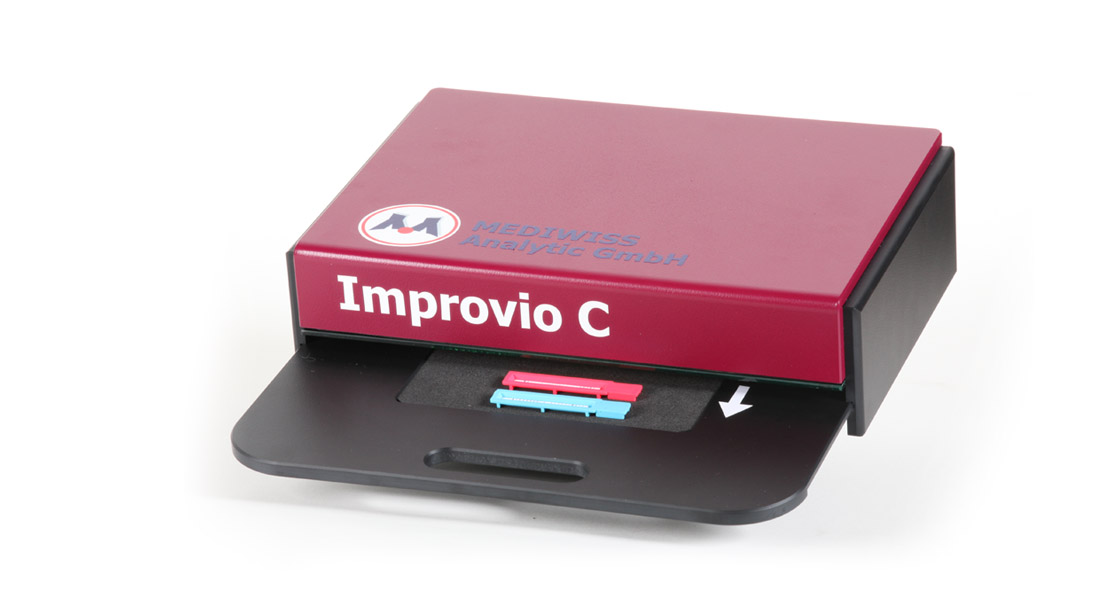Allergy
What is it used for?
Allergies are a common and chronic condition that involves the body’s immune asystem. Normally, your immune system works to fight off viruses, bacteria, and other infectious agents. When you have an allergy, your immune system treats a harmless substance, like dust or pollen, as a threat. To fight this perceived threat, your immune system makes antibodies called immunoglobulin E (IgE).
Substances that cause an allergic reaction are called allergens. Besides dust and pollen, other common allergens include animal dander, foods, including nuts and shellfish, and certain medicines, such as penicillin. Allergy symptoms can range from sneezing and a stuffy nose to a life threatening complication called anaphylactic shock. Allergy blood tests measure the amount of IgE antibodies in the blood. A small amount of IgE antibodies is normal. A larger amount of IgE may mean you have an allergy.
Other names: IgE allergy test, Quantitative IgE, Immunoglobulin E, Total IgE, Specific IgE

What is it used for?
Allergy blood tests are used to find out if you have an allergy. One type of test called a total IgE test measures the overall number of IgE antibodies in your blood. Another type of allergy blood test called a specific IgE test measures the level of IgE antibodies in response to individual allergens.
Why do I need an allergy blood test?
Your health care provider may order allergy testing if you have symptoms of an allergy. These include:
-
- Stuffy or runny nose
- Sneezing
- Itchy, watery eyes
- Hives (a rash with raised red patches)
- Diarrhea
- Vomiting
- Shortness of breath
- Coughing
- Wheezine
